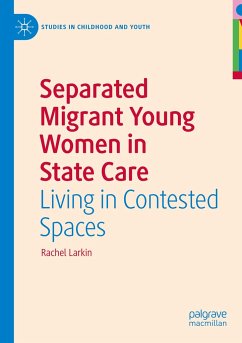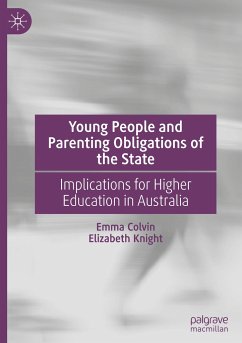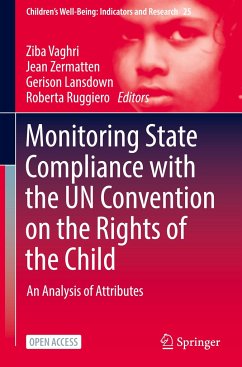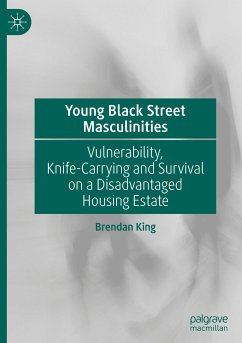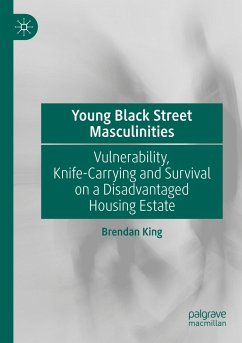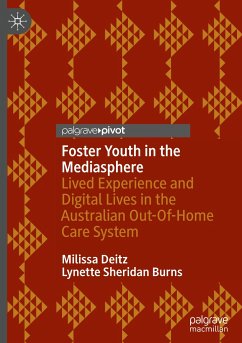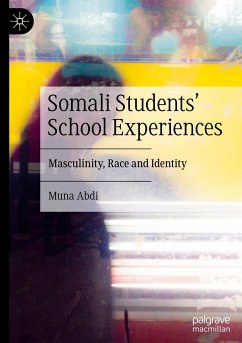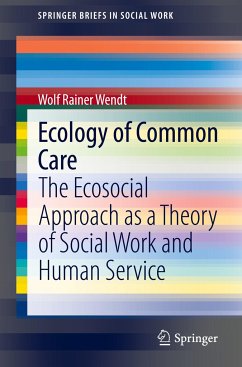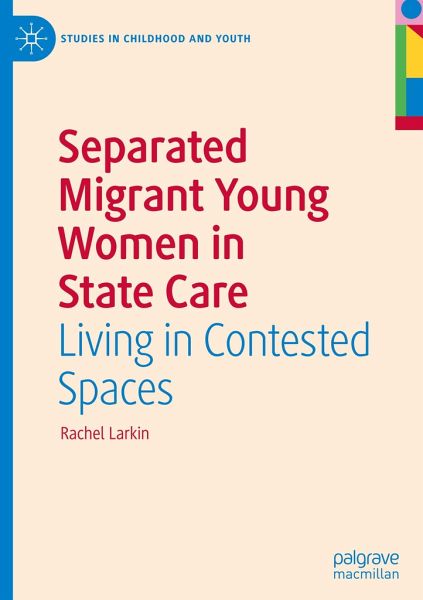
Separated Migrant Young Women in State Care
Living in Contested Spaces
Versandkostenfrei!
Versandfertig in 6-10 Tagen
113,99 €
inkl. MwSt.
Weitere Ausgaben:

PAYBACK Punkte
57 °P sammeln!
This book considers the responses of states to migrant girls who are separated from family and enter state care systems as unaccompanied or trafficked young people. The book draws on research with girls and social work practitioners in the UK to explore what can happen when separated girls encounter professionals at borders and within care systems. It considers how separated girls adapt to different ideas of what it means to be a girl in destination countries, and how this is affected by their other intersecting identities. The book identifies how girls can feel welcomed, but also how young mi...
This book considers the responses of states to migrant girls who are separated from family and enter state care systems as unaccompanied or trafficked young people. The book draws on research with girls and social work practitioners in the UK to explore what can happen when separated girls encounter professionals at borders and within care systems. It considers how separated girls adapt to different ideas of what it means to be a girl in destination countries, and how this is affected by their other intersecting identities. The book identifies how girls can feel welcomed, but also how young migrants can be seen in excluding ways. It argues that narratives of the fragile 'refugee child' are unhelpful ways to understand individual girls. Using theories and clear language relevant to both academics and practitioners, the author fills a gap in the research on migrant and trafficked young women who frequently represent the minority in care systems globally.



